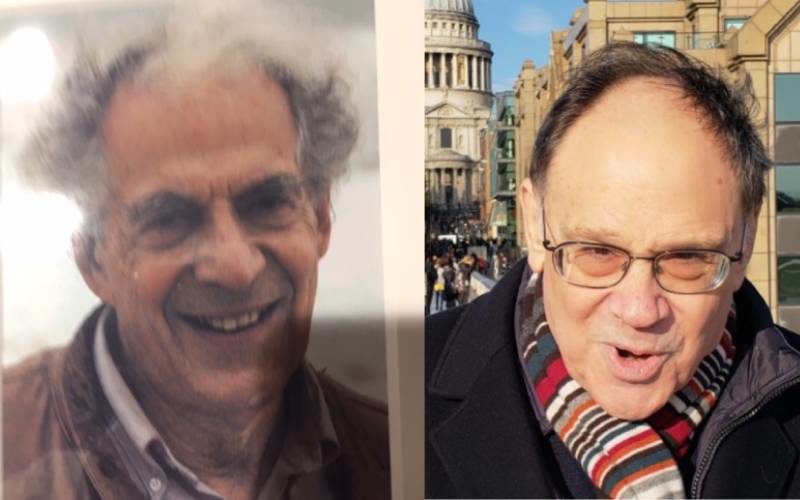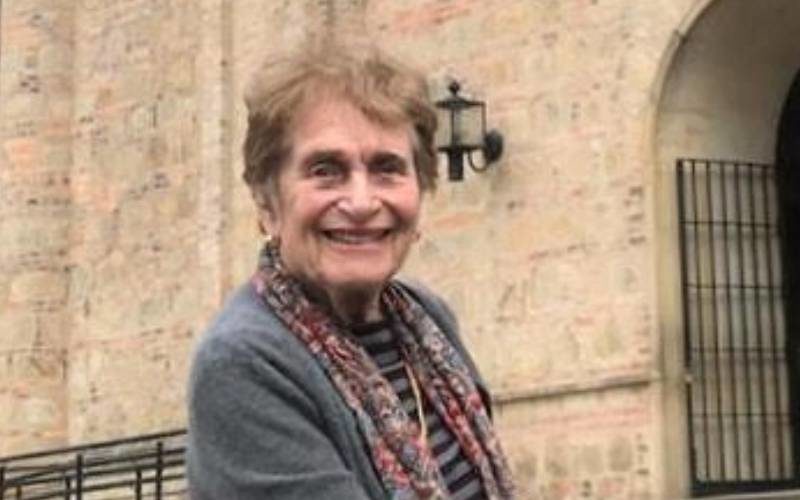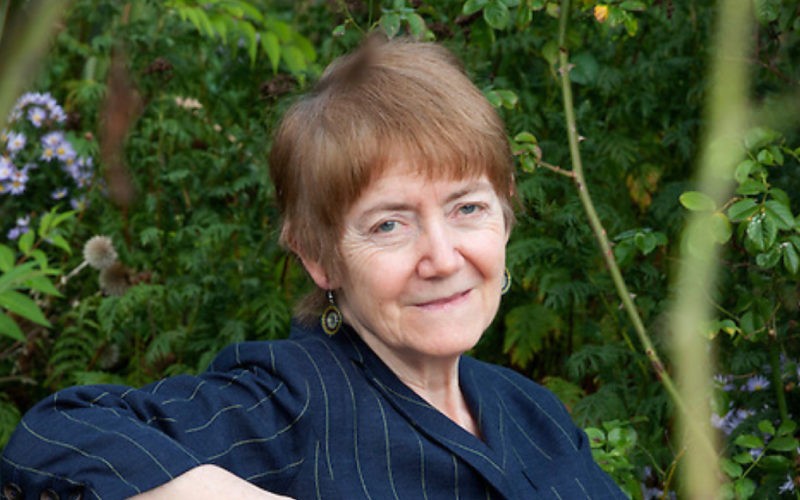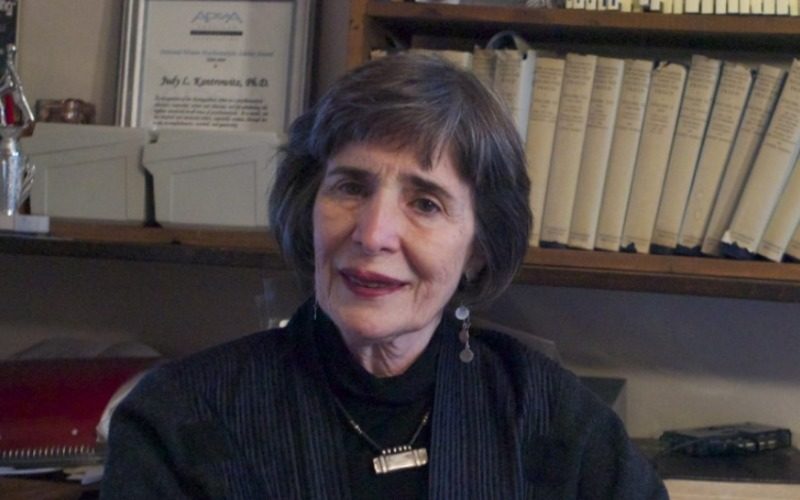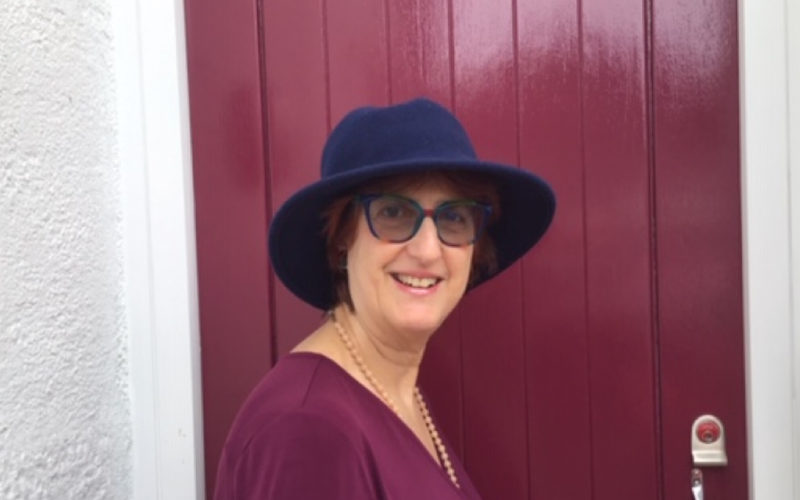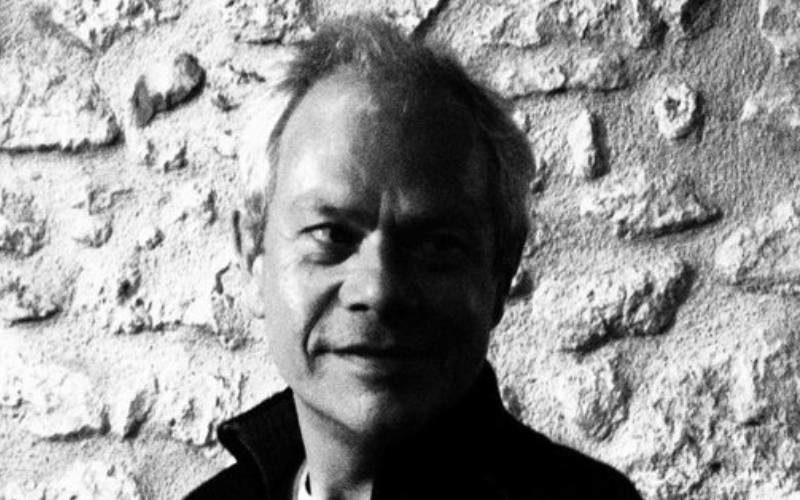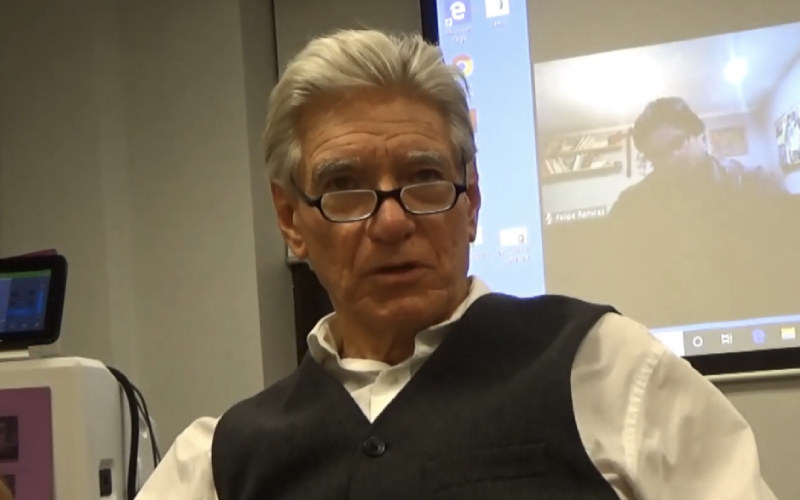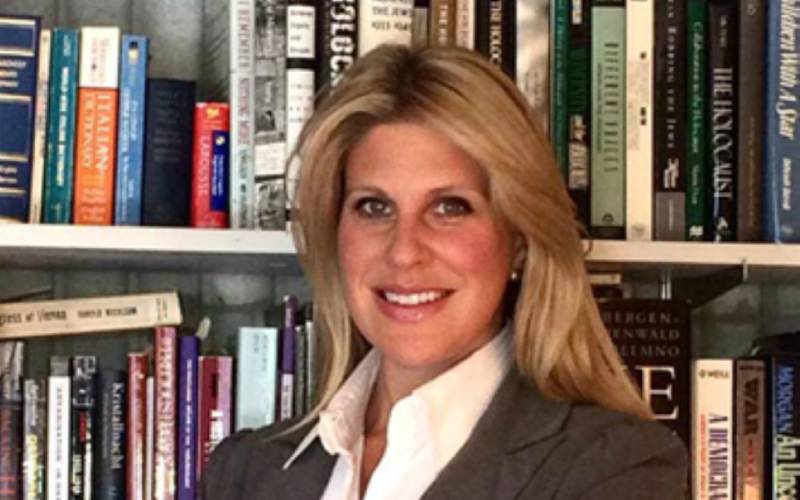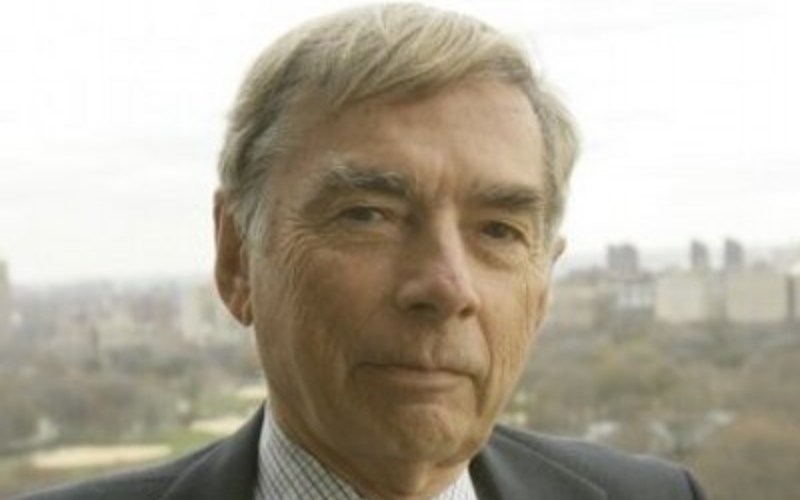Episode 86: An Independent Thinker: Joel Whitebook Interviews Fred Pine
“A big part of my graduate education at Harvard was critical thinking. The general idea that theories come and go, even the data come and go because it’s modified as new experimental paradigms that develop. So the idea of fixity. that “now we now know and it’s set in stone”, was not at all in…
Read MorePodcast: Play in new window | Download

